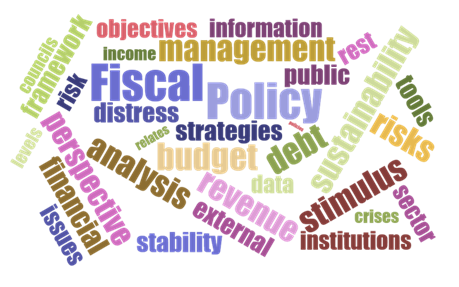
Revenue Administration Gap Analysis
Invitation
Session No.: SA 25.29
Location: Andhra Pradesh, India
Date: July 7-11, 2025 (1 week)
Delivery Method: In-person Training
Primary Language: English
Target Audience
Officials currently or potentially responsible for tax gap estimation or risk management, with experience in the collection, analysis, or use of revenue administration data.
Qualifications
Participants should have experience in a revenue authority, and in the collection, analysis, or use of revenue administration data. It would be desirable that the participants have knowledge of the tax policy structure, tax administration practices, national accounts statistics and micro-data available in the tax administration databases.
Course Description
Tax gap analysis provides tax administrators and their stakeholders with a measure of the amount of tax revenues lost due to taxpayer non-compliance and avoidance, and the impact of government tax policy choices. It is critical for countries seeking to improve revenue administration's effectiveness, and consequently countries' revenue performance. The IMF's Revenue Administration Gap Analysis Program (RA-GAP) aims to assist countries improve their capacity to estimate and analyze tax gaps, including the understanding of the drivers of tax gap changes and trends.
The course will offer a curriculum that includes: (i) a thorough introduction to the methodology, development, and international good practices of tax gap analysis; (ii) guidance on the Value Added Tax (VAT), gap estimation methods; (iii) strategies for building capacity in tax gap estimation; and (iv) insights into how tax gap estimation can be integrated with tax compliance management. Interactive work sessions will promote extensive and engaging discussions among participants, facilitating the exchange of experiences and enabling a deeper understanding of the course's core objectives within the context of tax administration realities.
Course Objectives
The course aims to:
Enhance participants' understanding of tax gap estimation for
- Value Added Tax (VAT).
- Present the pros and cons of various estimation methodologies, encouraging a critical discussion on identifying the most effective approach.
- Formulate strategies to augment capacity development in tax gap estimation, tailored to local conditions.
- Outline the services offered by the RA-GAP team and explore potential avenues for future collaboration in tax gap estimation and revenue performance analysis.
Institutional Sector Accounts (ISAx)
English | April 3, 2025 - June 12, 2025 | Online Training | Course conducted online
Apply online by May 22, 2025
Reforming Fuel Subsidies (RFS)
English (French) | June 16-20, 2025 | Virtual Training | Ebene, Mauritius
Apply online by May 22, 2025
Financial Market Infrastructures: Principles and Practices (FMI-PP)
English | September 1-5, 2025 | In-person Training | Vienna, Austria
Apply online by May 25, 2025
Fiscal Frameworks (FF)
Spanish | September 8-19, 2025 | In-person Training | Washington, D.C., United States
Apply online by May 25, 2025
Inclusive Growth (IG)
English (Arabic) | December 7-18, 2025 | In-person Training | Kuwait City, Kuwait
Apply online by May 25, 2025


